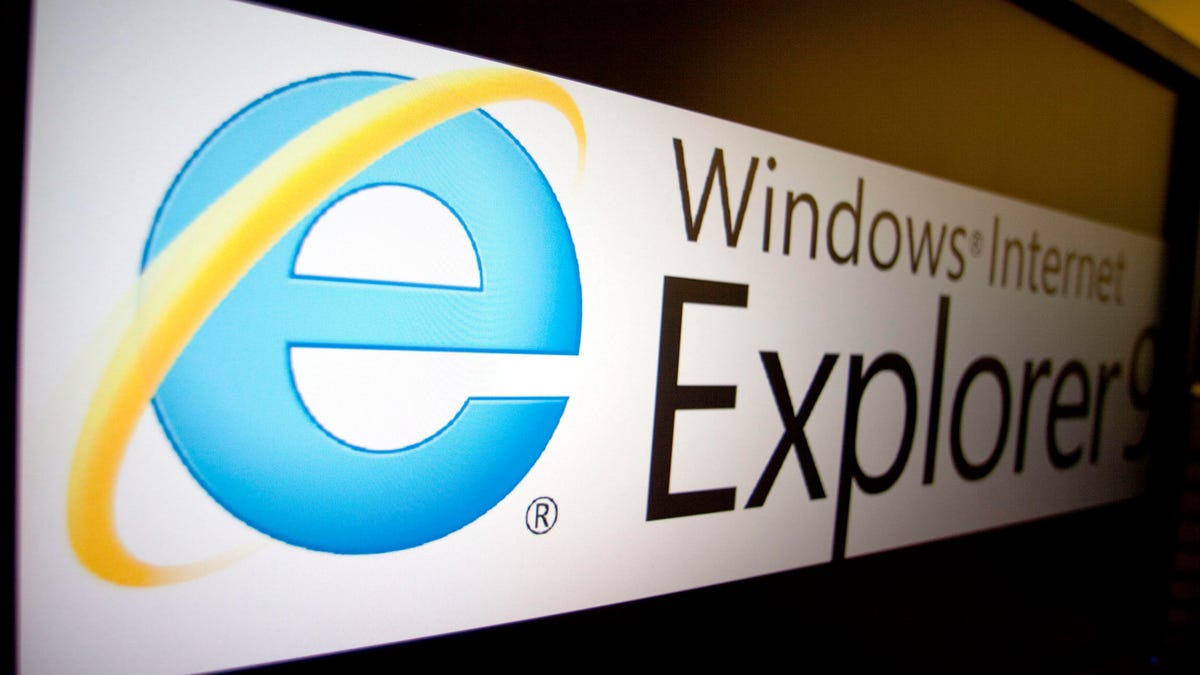Here lies the body of Internet Explorer 11. At one point, it ruled the web browser world. Now it is dead.
Microsoft permanently disabled its out-of-support legacy browser on Tuesday in a move to improve user experience and transfer organizations to its newer Edge browser, the company said. This applies to “certain versions of Windows 10,” Microsoft noted.
“With a growing number of websites no longer supporting Internet Explorer, Microsoft Edge offers a faster, more secure, and more modern browsing experience that can still open legacy, Internet Explorer-dependent sites when needed,” Microsoft said in a statement.
As of Tuesday, devices that hadn’t already been redirected from IE11 to Microsoft Edge will be, according to Microsoft.
At one point in the past, Internet Explorer ruled the browser realm. In 2003, it controlled 95% of the browser market. The days of Internet Explorer’s reign are long over, though, and Microsoft moved on to Edge. But Microsoft’s push to integrate the newly AI-boosted Bing search engine into Edge has sparked new interest in both.
When the news that Microsoft was nixing Internet Explorer spread last summer, the public reaction was emotional and hilarious. The browser got its own headstone in South Korea, and IE memes abounded.
Editors’ note: CNET is using an AI engine to create some personal finance explainers that are edited and fact-checked by our editors. For more, see this post.
